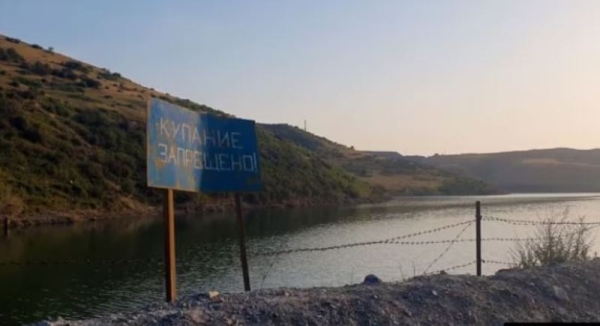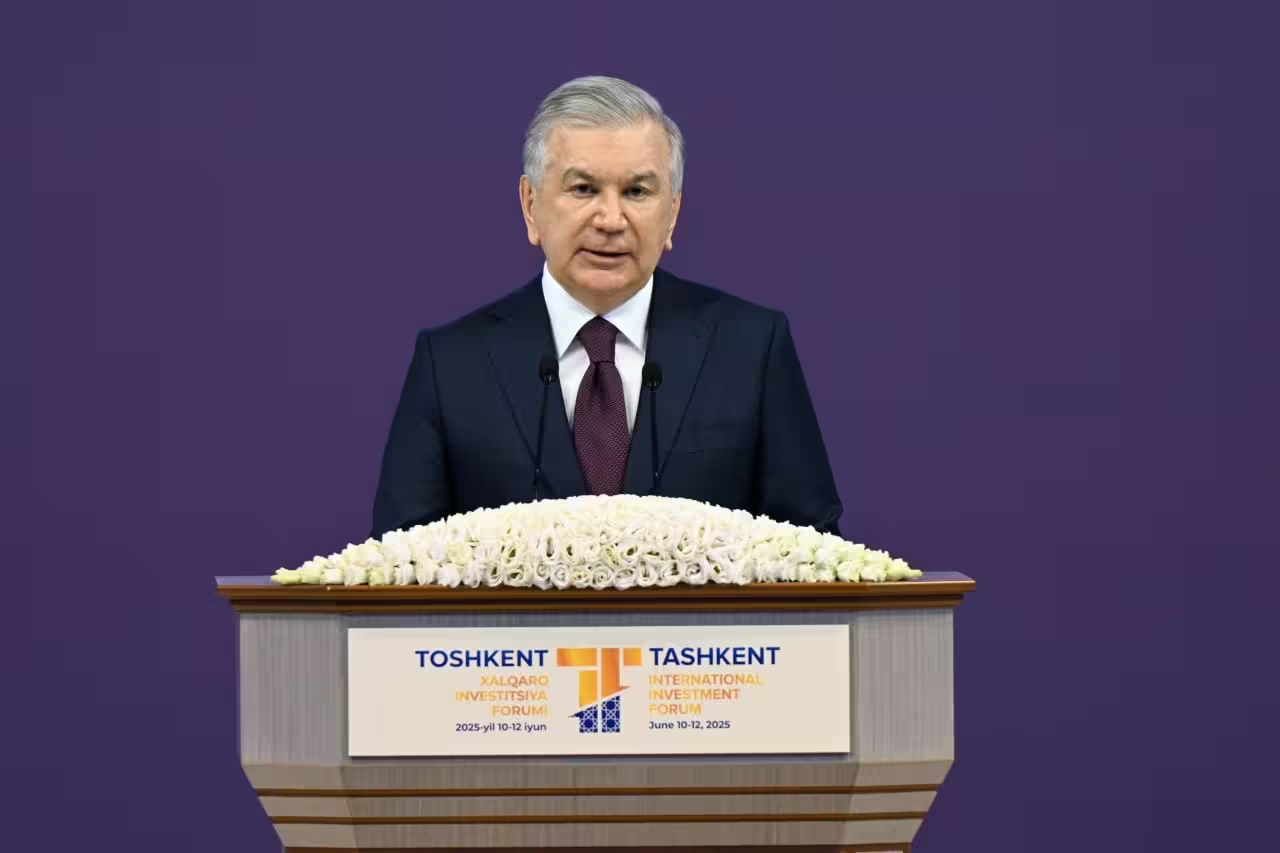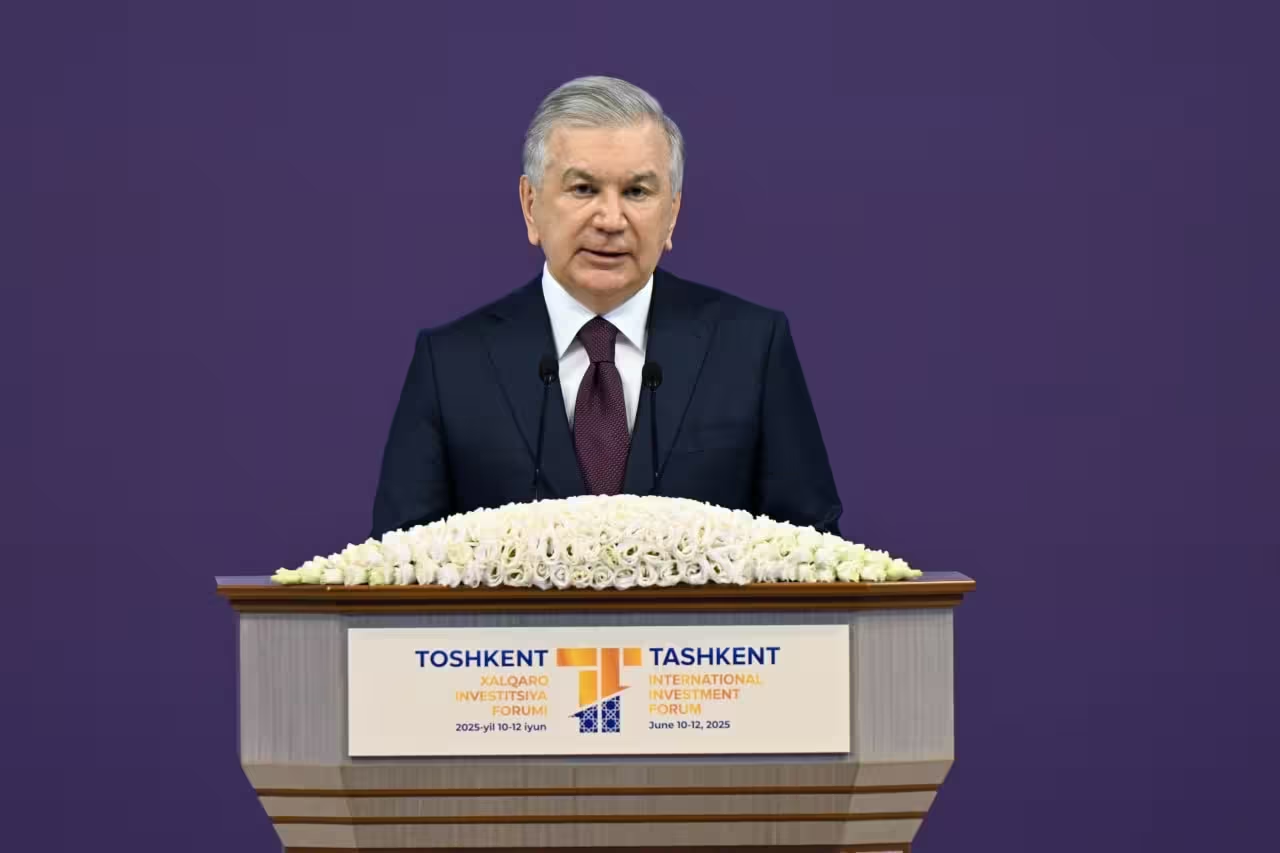
Radio Liberty says living next to the Chinese-owned Zijin mines, villagers near Bor in eastern Serbia and Panjakent in northwestern Tajikistan face the same threat: poisoned air, degraded farmland, and no recourse. At the same time their governments reportedly deepen ties with Beijing.
As both countries embrace Chinese investment under Beijing's Belt and Road Initiative, villagers say they're paying the environmental price, allegations Zijin denies.
Zijin operates a copper mine in Serbia and a gold mine in Tajikistan. Both sites have drawn repeated complaints from nearby residents, who say promised relocations and cleanups never materialized.
In Tajikistan, Zijin reportedly holds a 70 percent stake in the Zarafshon gold mine.
"In the morning, thick smoke covers the village," says Abutolib Mukhtorov of Shing village. "You can't breathe."
"That smell hits your nose, makes you dizzy. It's poison," says Asadulo Rahmonov of Khumgaron, Tajikistan.
"Peaches don't grow. Cucumber flowers fall off. The river's poisoned," Rahmonov added.
According to RFE/RL, Zijin has been fined multiple times but enjoys strong backing from Tajik authorities, who point to millions in tax revenue. Meanwhile, critics report police intimidation, surveillance, and detention.
Those who speak out risk retaliation. In 2023, a group of women who traveled to Panjakent to protest were detained.
"We asked what crime we committed. They mocked us," recalls Firouza Qahhorova. "When I fainted, they said, 'Don't give her water; give her dirt.'"
Zijin maintains it operates legally and plans to mine in Tajikistan for another 20 years.
In both countries, authorities hail the company as a driver of economic growth, even as the environmental cost mounts.
For those living in its shadow, Zijin's expansion brings not prosperity, but dust and a fight for the future.




